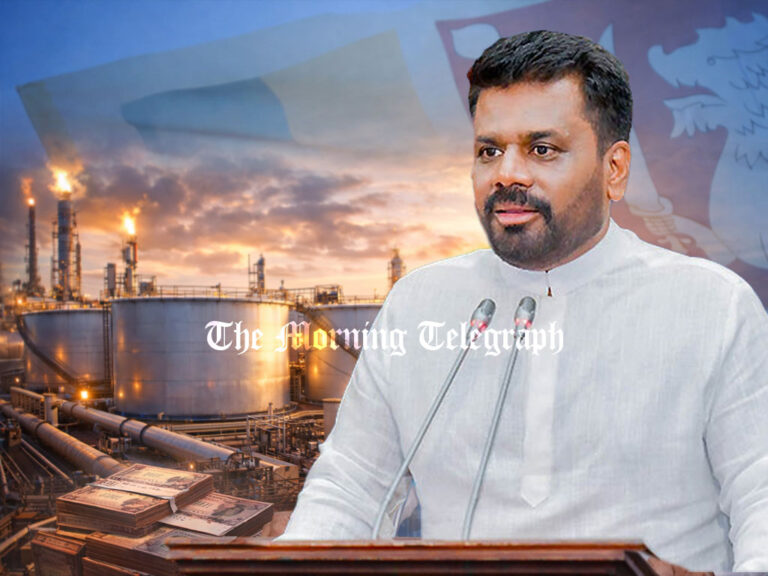
A growing dispute between the National Police Commission (NPC) and Acting Inspector General of Police (IGP) Priyantha Weerasuriya over the transfer of Police OICs has now reached the Constitutional Council.
The conflict arose after Acting IGP Weerasuriya sent a letter to the Police Commission last week, requesting that the authority to appoint Police OICs be assigned to him. However, the Police Commission rejected his request and forwarded the letter to the Constitutional Council, escalating the tensions.
The dispute became publicly visible yesterday when Acting IGP Weerasuriya accused the Police Commission of interfering in the internal affairs of the Police Department. He went as far as stating that he was an IGP “in name only”, lacking the necessary powers to carry out essential transfers and appointments.
In response, the National Police Commission firmly denied the allegations, asserting that it is acting within the constitutional powers granted to it. According to commission sources, the Public Service Commission has established a specific procedure for approving OIC appointments, which must be followed.
Reports indicate that out of the 197 names recommended by the Acting IGP for OIC appointments, the Police Commission has approved only 140, while the remaining names were withheld due to a lack of qualifications.
The Police Commission emphasized that its role is not based on personal preference, but rather on legal mandates. The commission further stated that if powers over police appointments were to be delegated to the IGP, it would require consultation with the Attorney General to ensure legality.
Under the 21st Amendment to the Constitution, the National Police Commission has broad powers over police appointments, promotions, transfers, disciplinary actions, and dismissals, with the exception of the Inspector General of Police (IGP). The commission functions as an independent oversight body, aiming to prevent political interference in police operations.
The National Police Commission is currently chaired by retired High Court Judge Lalith Ekanayake. Other members include retired Ministry Secretary Renuka Ekanayake, retired District Secretary K. Karunaharan, Attorney-at-Law Dilshan Kapila Jayasuriya, President’s Counsel A.A.M. Ilias, and retired DIG Jayantha Jayasinghe.
As tensions continue, the Constitutional Council will now be expected to review the situation, potentially determining whether the Acting IGP’s request for greater control over OIC appointments will be granted or if the Police Commission will retain its existing authority.




